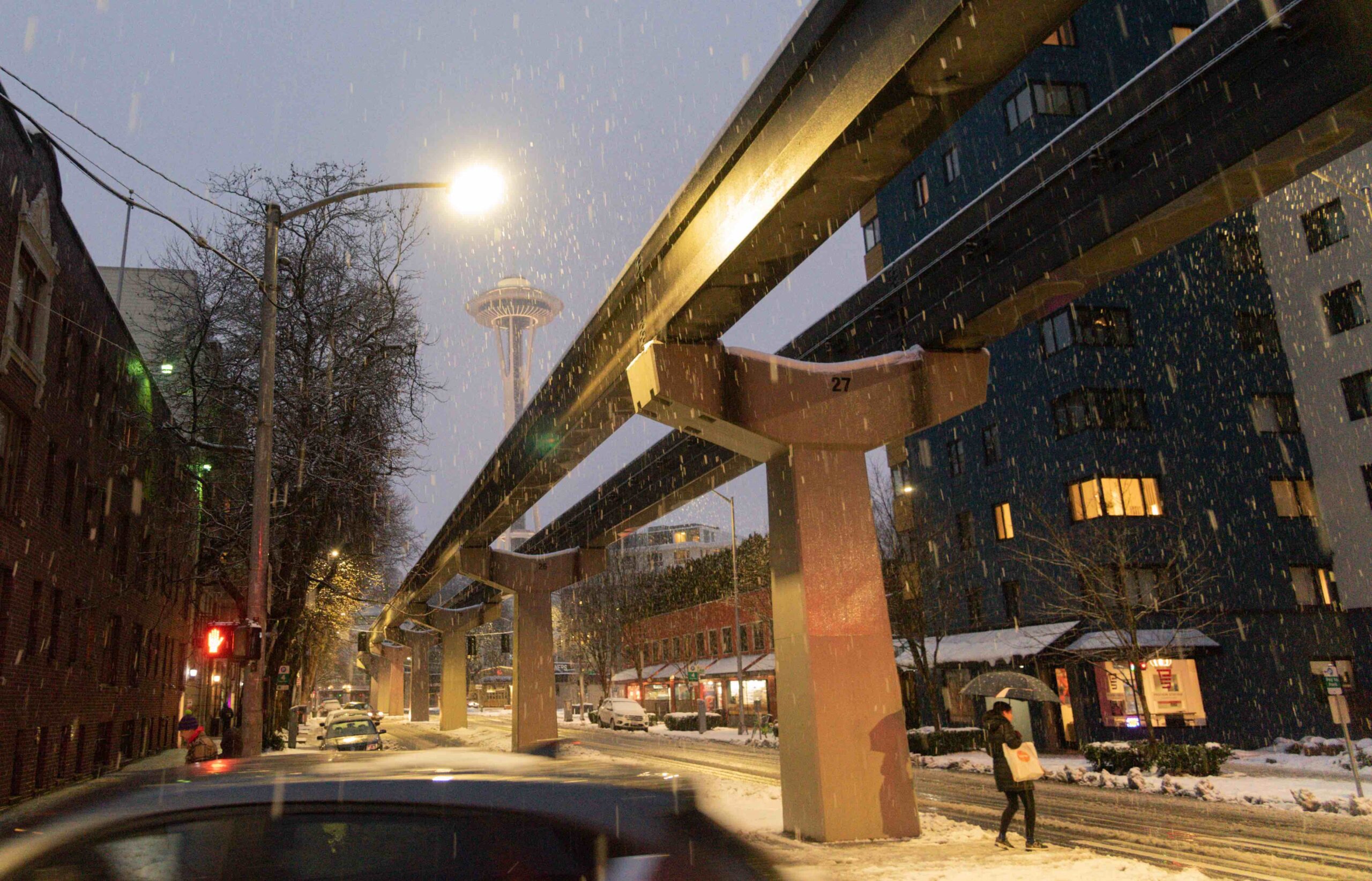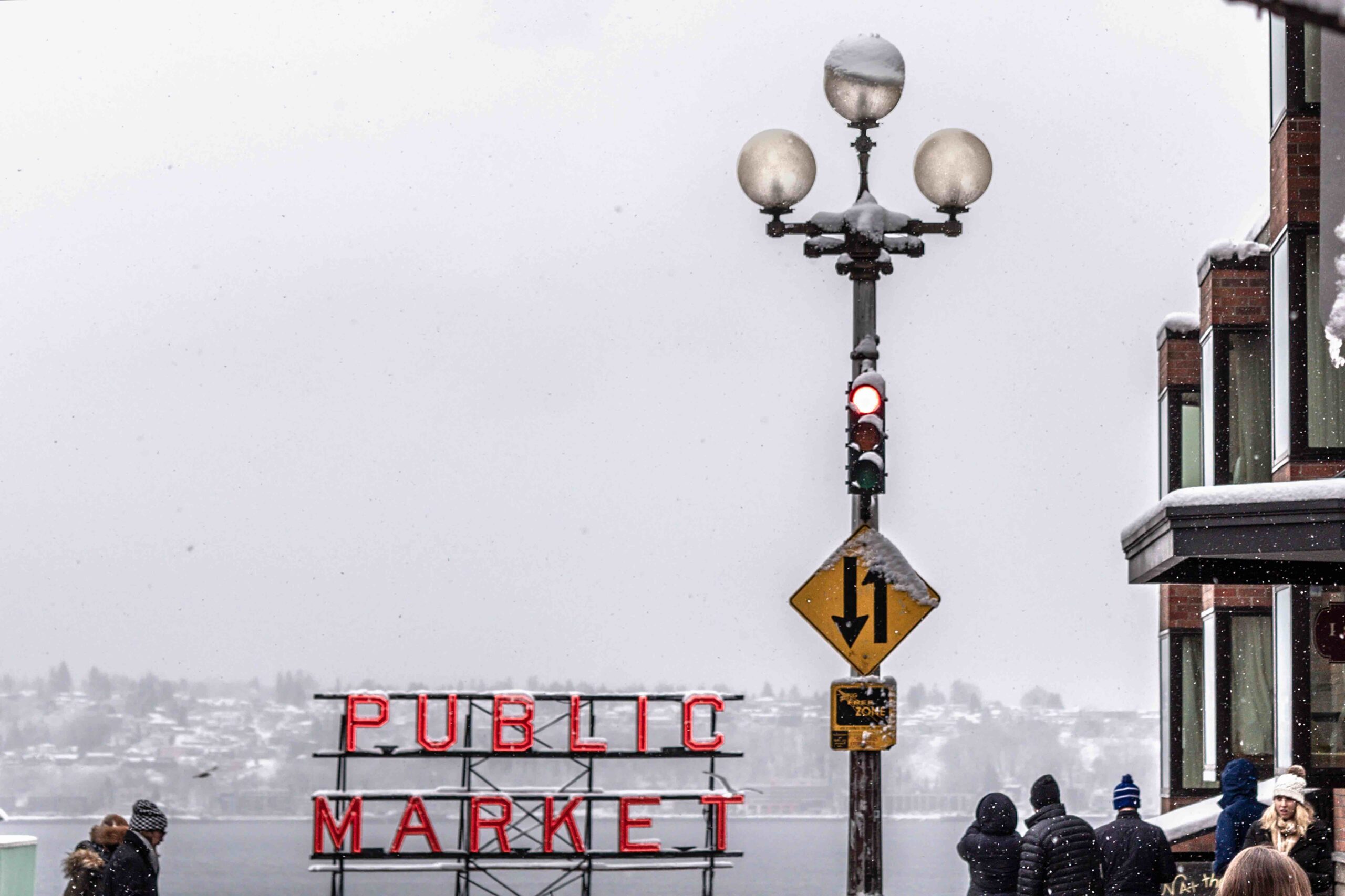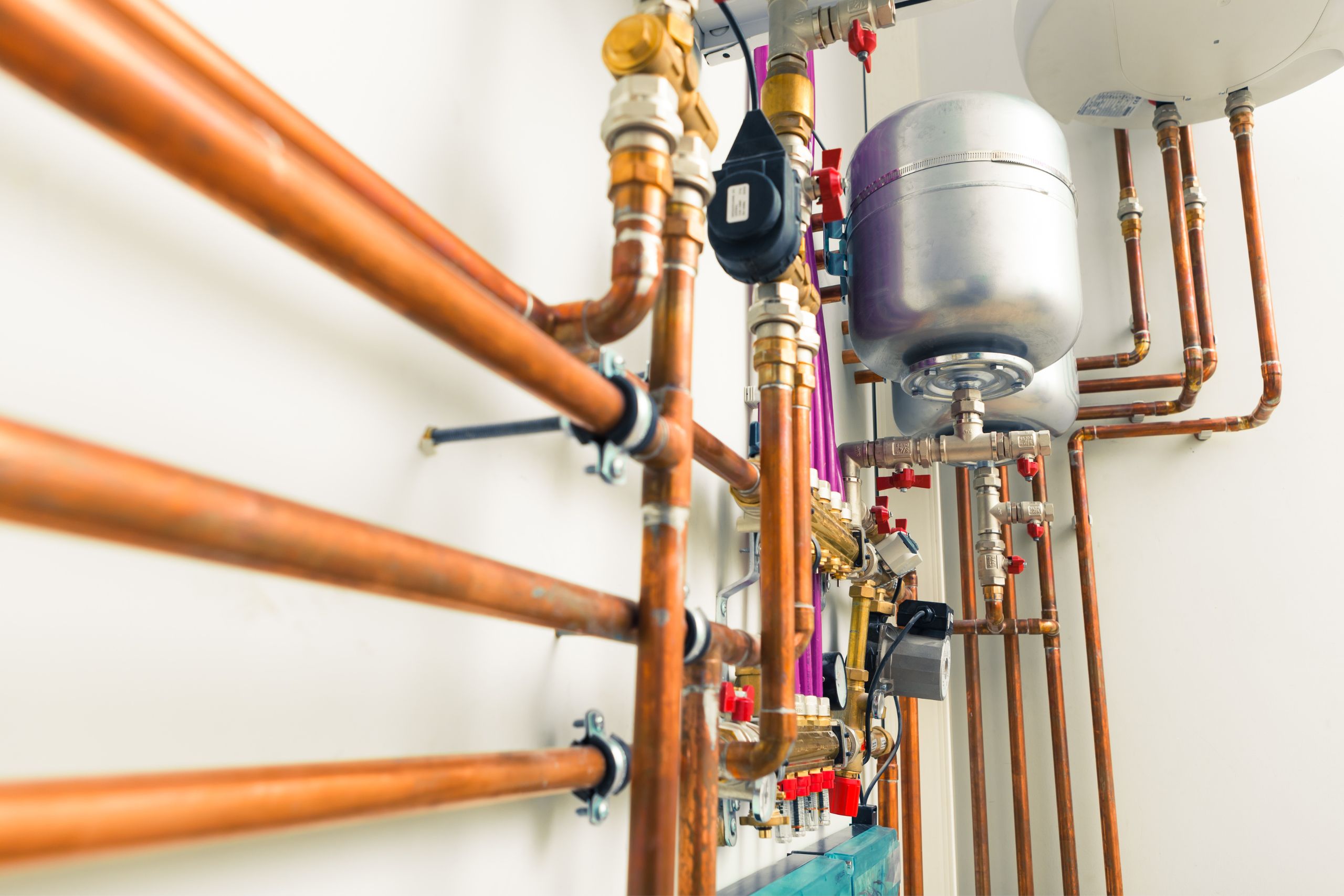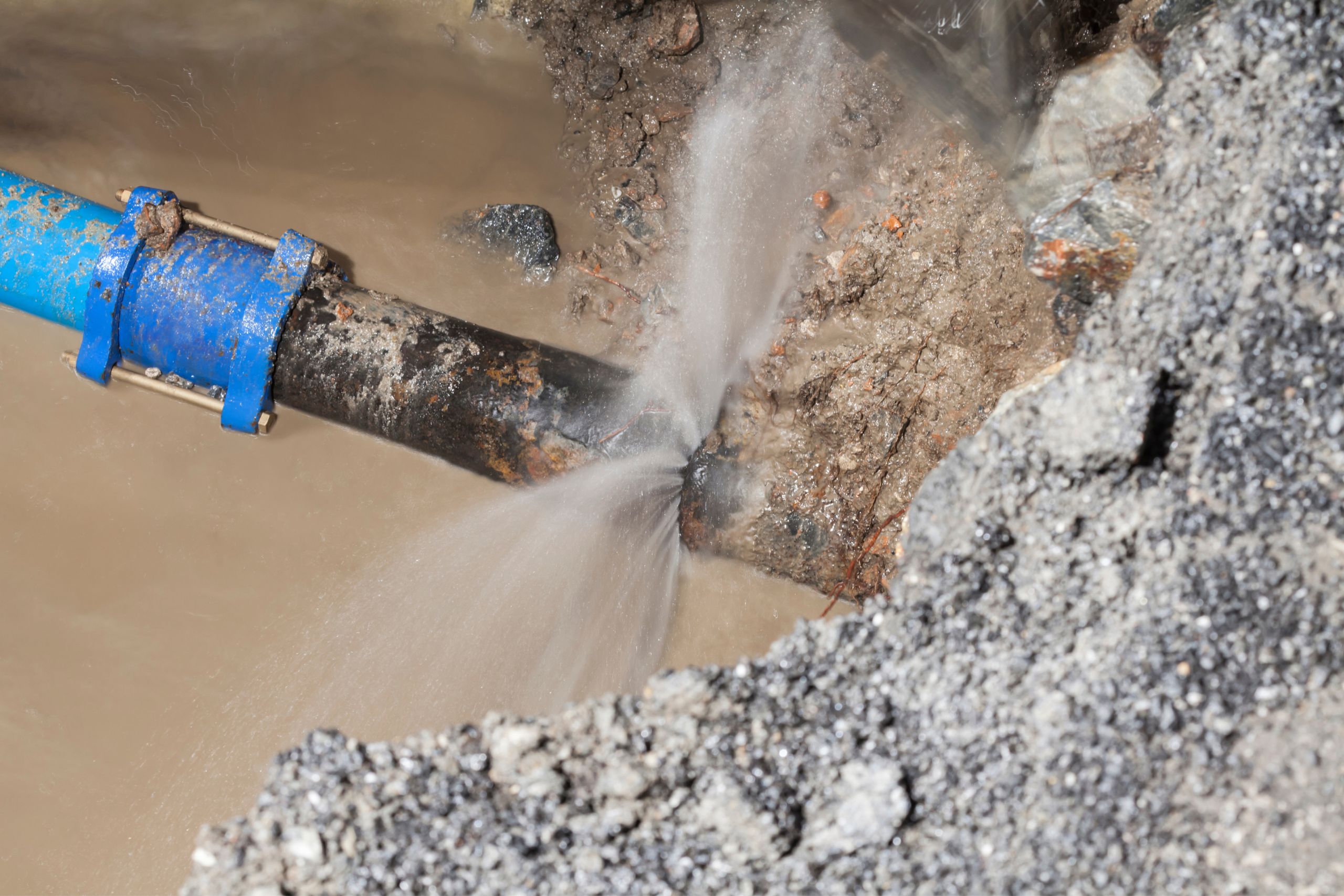Winter in Seattle, Shoreline, and the surrounding areas can bring freezing temperatures that may cause serious damage to your plumbing system if proper precautions aren’t taken. At Service Plumbing and Heating, we recommend taking proactive steps to winterize your home to avoid costly repairs and keep your plumbing running smoothly throughout the season.
Here are some essential tips for preparing your plumbing system for winter:
1. Insulate Your Pipes – Pipes exposed to cold air, especially in unheated areas like basements, garages, or crawl spaces, are at risk of freezing and bursting. Insulating these pipes is one of the most effective ways to prevent them from freezing during winter. Foam sleeves or heat tape can be applied to vulnerable pipes to help protect them from the cold. Living in a cold area, or having pipes running through exterior walls, might require extra insulation to ensure the water inside remains liquid on the coldest days.
2. Seal Gaps and Cracks – Cold air can infiltrate your home through gaps and cracks in walls, especially near plumbing pipes and fixtures. This exposure can increase the likelihood of pipes freezing in these areas. To prevent this, it’s essential to seal any cracks or gaps around doors, windows, and areas where pipes enter your home. Caulk or expanding foam insulation works well for filling these spaces. Not only will this protect your plumbing, but it can also improve your home’s energy efficiency by keeping warm air inside.
3. Disconnect and Drain Outdoor Hoses – During the winter months, any water left in hoses or outdoor faucets can freeze and expand, causing the faucet or the connected pipes inside your home to burst. To avoid this, it’s crucial to disconnect garden hoses before the first frost and drain any remaining water. If your outdoor faucets have shut-off valves, be sure to turn those off and drain the lines as well. By taking these simple steps, you can prevent costly repairs caused by burst pipes in your outdoor plumbing.
4. Protect Your Water Heater – Your water heater works harder in the winter months to deliver hot water to your home. This increased demand can exacerbate existing issues or create new ones if the heater is not properly maintained. Before winter, flush the water heater tank to remove any sediment buildup that can reduce its efficiency and lifespan. Checking the pressure relief valve and inspecting the unit for leaks are also critical steps to ensure it operates at peak performance throughout the cold season. If your water heater is more than 10 years old, consider replacing it with a newer, more energy-efficient model to prevent unexpected breakdowns.
5. Open Cabinet Doors – On particularly cold nights, opening the cabinet doors under sinks, especially those on exterior walls, allows warm air to circulate the pipes, reducing the risk of freezing. This simple step can be especially helpful for pipes that are located near outside walls or in areas that don’t get much heat. By keeping the warmth from your home flowing to these vulnerable areas, you lower the chances of the pipes freezing and bursting.
6. Let Faucets Drip – Letting your faucets drip slightly during extreme cold is a well-known trick to prevent frozen pipes. When water moves, even in small amounts, it’s less likely to freeze. This is especially important for pipes that are located in colder, unheated areas of your home, such as basements or attics. A slow, steady drip keeps water flowing and helps prevent the pipes from freezing solid. While this might increase your water bill slightly, it’s much more affordable than dealing with burst pipes and extensive water damage.
7. Know Your Water Shut-Off Valve – If a pipe does freeze and burst, knowing how to shut off your home’s main water supply can save you from significant water damage. The shut-off valve is usually located near the water meter, and everyone in your household must know where it is and how to use it. Shutting off the water supply immediately after a pipe burst minimizes the damage and gives you time to contact a professional plumber to fix the issue.
Remember the following steps to protect your home or business from winter damage:


By following these essential tips, you can protect your plumbing system from the harsh effects of winter and avoid the headaches and costs associated with emergency plumbing repairs. At Service Plumbing and Heating, we offer professional winterization services and plumbing inspections to help ensure that your home or business is fully prepared for the cold months ahead. Serving homes and businesses across Snohomish and King County, we’re here to keep your plumbing running smoothly, no matter how cold it gets. Contact us today to learn more about our plumbing maintenance services.



